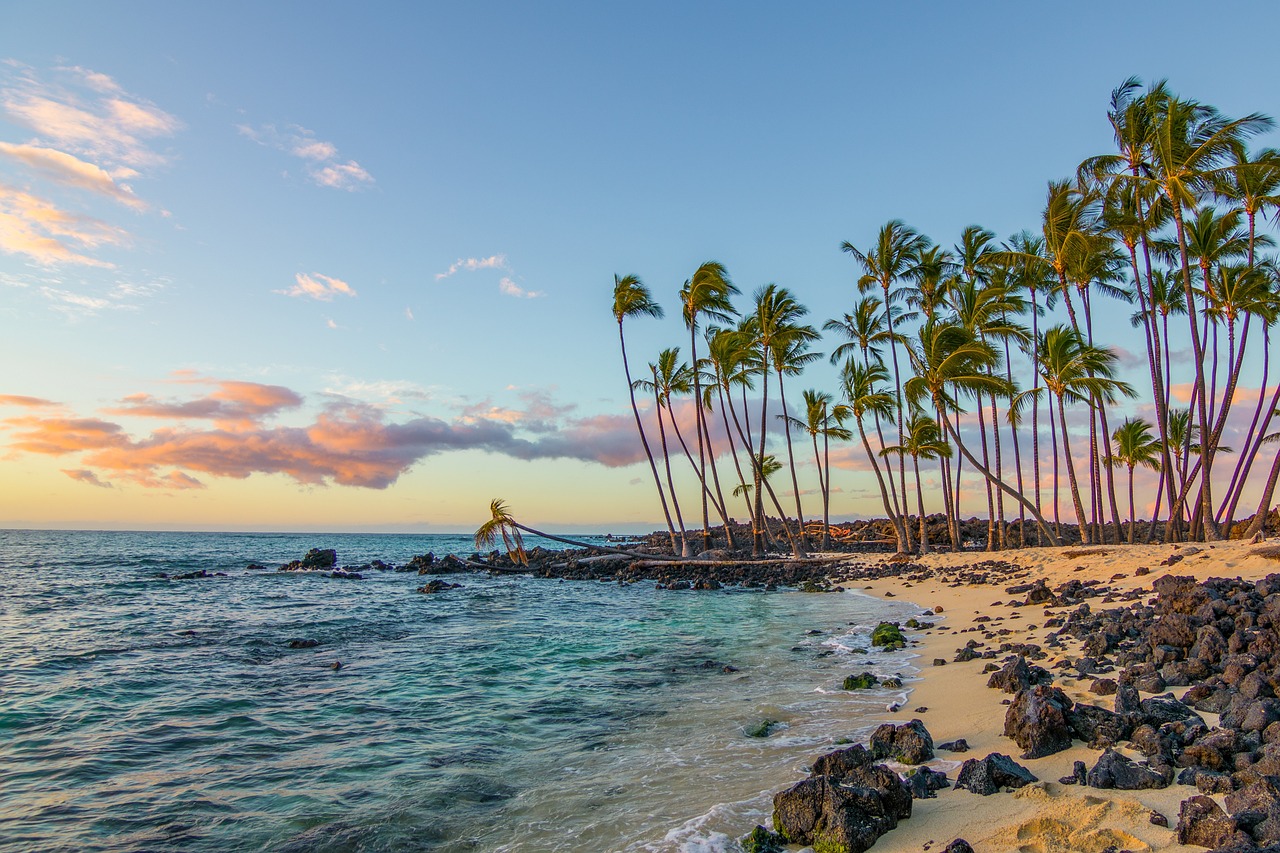The Psychology of Wanderlust: Exploring the Urge to Explore and Discover
Wanderlust, a strong desire to travel and explore the world, is a feeling deeply rooted within some individuals. This innate urge to seek new experiences and adventure is often driven by a combination of factors that go beyond mere curiosity. The root causes of wanderlust can be traced back to varying influences such as personal experiences, upbringing, and cultural exposure.
For many, the desire to travel is a way to break free from routine, seek personal growth, and expand their perspectives. The allure of discovering new cultures, landscapes, and ways of life can be irresistible to those with wanderlust. Additionally, the quest for self-discovery and the pursuit of meaningful experiences play a significant role in fueling this relentless need to explore the world beyond familiar boundaries.
The Influence of Genetics on the Desire to Travel
Genetics is a complex interplay of various factors that contribute to our biological makeup, influencing everything from our physical appearance to our personality traits. Recent studies have shed light on how genetics may also play a role in our desire to explore the world and travel.
Research has shown that certain genetic markers may be associated with a heightened sense of curiosity and openness to new experiences, both of which are key components of wanderlust. Individuals with specific genetic variations may be more predisposed to seeking out novel and unfamiliar environments, driven by an innate need for exploration and adventure.
The Role of Personality Traits in Fueling Wanderlust
Personality plays a significant role in the seemingly insatiable desire to explore the world known as wanderlust. Individuals with a high level of openness tend to embrace new experiences, making them more likely to seek out adventures in different destinations. This trait often drives them to step out of their comfort zones and immerse themselves in unfamiliar cultures and environments.
Moreover, those with a strong sense of curiosity are often drawn to travel as a means of satisfying their inquisitive nature. The desire to learn, discover, and gain new perspectives fuels their wanderlust, pushing them to constantly seek out novel experiences. This blend of openness, curiosity, and a thirst for discovery intertwines to create a personality primed for the exploration and excitement that travel offers.
What are some common personality traits that fuel wanderlust?
Some common personality traits that fuel wanderlust include openness to new experiences, curiosity, adventurousness, and a desire for freedom and independence.
Can genetics play a role in the desire to travel?
Yes, research has shown that genetics can influence the desire to travel. Some people may have a genetic predisposition towards seeking new experiences and exploring new places.
How can understanding the root causes of wanderlust help individuals embrace their love for travel?
Understanding the root causes of wanderlust can help individuals to better understand and embrace their love for travel. By recognizing the influence of personality traits and genetics, individuals can feel more confident in their desire to explore the world.
Are there any negative implications of wanderlust on a person’s life?
While wanderlust is often seen as a positive trait, there can be negative implications if it leads to excessive spending, instability, or an inability to maintain relationships or commitments. It’s important for individuals to balance their desire for travel with other responsibilities in their lives.





